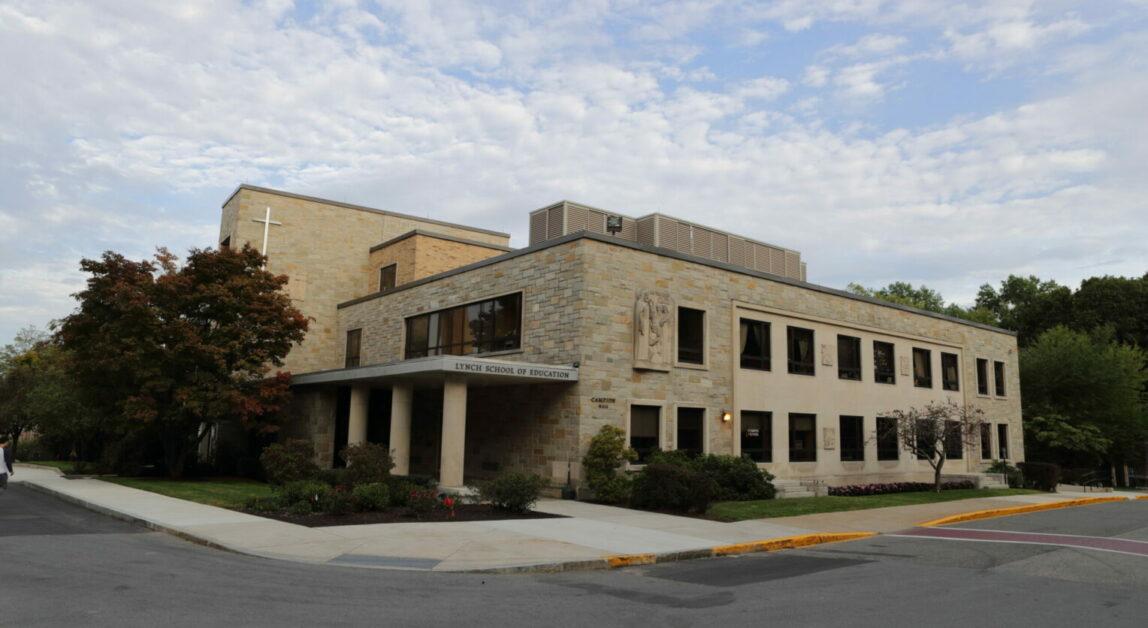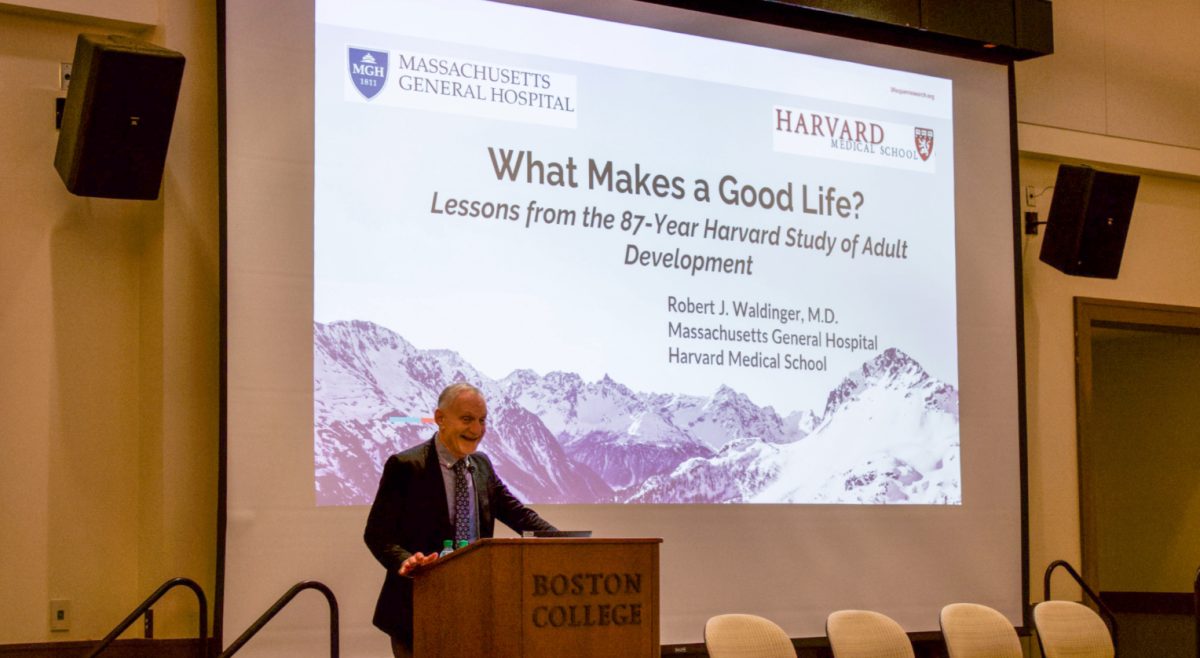After a competitive national process, BC was selected by Columbia University to partner with its Early Childhood Policy in Institutions of Higher Education group, according to Mariela Páez, assistant director of IECP and associate professor in Lynch.
BC was one of only five schools across the country chosen to participate in the program, including the University of California at Berkeley, the University of Colorado at Denver, the University of Florida, and the University of Washington.
With a grant from the Heising-Simons Foundation and additional funding from the Bezos Family Foundation, Buffett Early Childhood Fund, and Stranahan Foundation, the IECP will work to build interdisciplinary researchers, academics, and leaders in the early childhood discipline.
Rebekah Levine Coley, director of the IECP and professor in Lynch, said that the institute has three main goals.
“[The first is] to expand … the reach of interdisciplinary research and scholarship on early childhood development and early childhood policy,” Coley said. “[The second is] to enhance university-community collaboration, research, training, and collaborative initiatives with community organizations, school districts, and government organizations.”
The third goal is to improve student training, she said, which will be facilitated through a program in the IECP.
“We are starting a certificate on early childhood policy and leadership that will be open to graduate students across the University,” Coley said.
Candidates for the certificate include a cohort of masters and Ph.D. students who are interested in enhancing their knowledge, specializing, and finding career opportunities in the domain of early childhood, according to Coley.
“As fellows of the institute, the students will be supported by faculty mentors and complete one-and-a-half years of rigorous training that will prepare them to conduct cutting-edge research, analyze policies, and translate scientific findings into practice in the early childhood field,” Páez said.
This 18-month process includes a combination of courses on early childhood development, seminars, program and policy development and analysis, and a fully-paid summer internship for fellows which will help boost their career options. While the institute is still in the process of developing the logistics of the certificate, applications for the program open in December, with accepted students beginning their studies in January 2022.
With applications for the institute set to open soon, Paez emphasized the institute’s commitment to diversity.
“We have a focus on collaborations with the explicit goal of expanding the capacity, diversity, and strength of the early childhood field,” she said. “In particular, I am committed to the goal that our cohort of students will be diverse and increase the engagement of BIPOC [and] under-represented groups in IECP leadership.”
Coley said she sees IECP as a culmination of the broad expertise on childhood development that BC offers across disciplines. IECP will be a mechanism by which this expertise can be applied in collaboration for a stronger education—a goal underscored by the upcoming Schiller Institute for Integrated Science and Society, according to Coley.
“I think the [IECP] really presents the opportunity to cement the representation and visibility of BC in this area and make it a go-to place for students who wish to get training in this area,” she said.
Featured Image from Heights Archives







